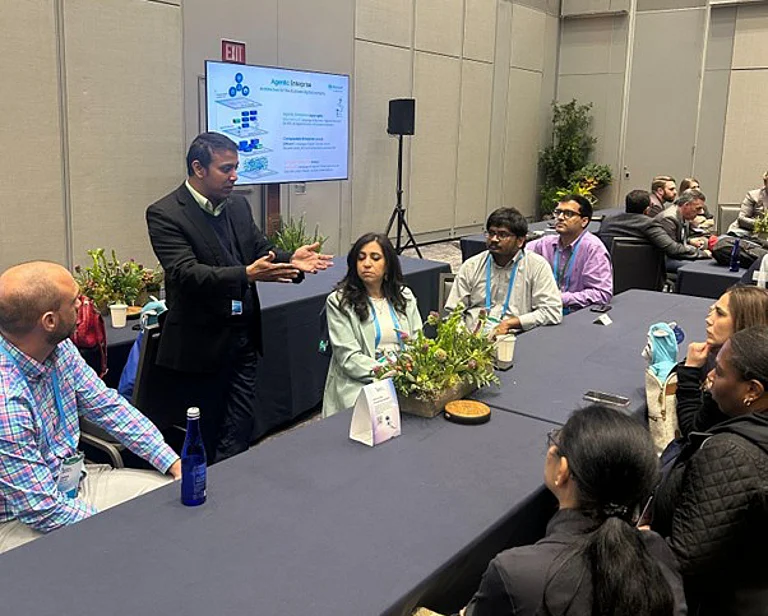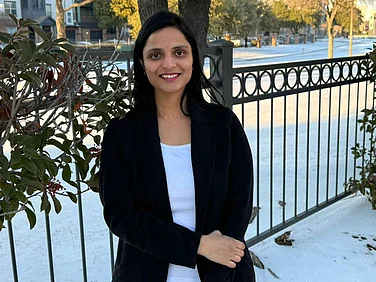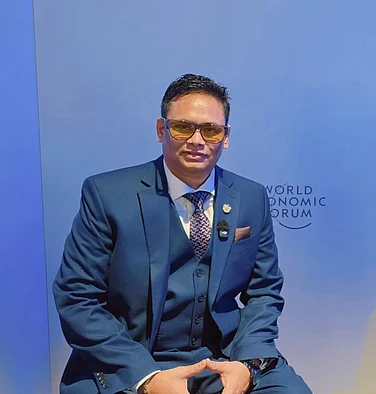In today’s rapidly evolving healthcare landscape, the pressure on hospitals and clinics is greater than ever. Rising patient volumes, limited clinical resources, and the flood of complex medical data continue to strain traditional healthcare systems. These challenges call for disruptive innovation—precisely where Artificial Intelligence (AI) is stepping in as a transformative force.
Few exemplify this intersection of AI and healthcare better than Mr. Arvind Kumar Chaudhary, whose groundbreaking research and decades of industry experience are paving new paths for medical optimization and patient care. Recognized globally for his thought leadership, Mr. Chaudhary is increasingly regarded as one of the top researchers advancing AI-driven healthcare solutions.
With over 22 years of professional experience, Mr. Chaudhary has held senior roles at some of the most influential organizations worldwide. His career spans working with leading pharmaceutical companies such as Merck Inc. and Organon in the United States, where he gained critical insights into clinical workflows and real-world medical data. He also contributed significantly at Tata Consultancy Services (TCS), one of India’s premier IT firms, where he led and executed several mission-critical healthcare and technology projects.
Adding further to his global standing, Mr. Chaudhary is a Senior Member of the Institute of Electrical and Electronics Engineers (IEEE)—a prestigious recognition reserved for accomplished professionals who have made significant contributions to their fields.
One of the most critical areas of his research is Radiotherapy (RT) optimization—a treatment central to cancer care, used for over 50% of patients worldwide. The growing global cancer burden places immense strain on healthcare systems to properly schedule and deliver RT. In his recently published study, “A State-of-the-Art Review of Adaptive Scheduling and Optimization in Radiotherapy: Bridging Operational Research and Clinical Practice” (International Journal of Innovation Studies, July 2025), Mr. Chaudhary explores how AI-driven adaptive scheduling can reduce operational bottlenecks and improve treatment flexibility. Published in a Q1-ranked journal, this research not only demonstrates academic excellence but also positions him at the forefront of global innovation in oncology care.
His influence extends beyond publications. At the International Conference on Electrical, Computer and Energy Technologies (ICECET 2025) in Paris, his paper, “Patient Similarity Analysis Using Medical Entity Recognition on Clinical Summaries,” received wide acclaim. The study introduced a streamlined yet sophisticated framework for extracting symptoms, diagnoses, and treatments from unstructured clinical summaries using advanced Natural Language Processing (NLP). This breakthrough enables clinicians to detect patient similarities more efficiently, leading to faster diagnoses, more effective treatment planning, and truly data-driven precision medicine.
Mr. Chaudhary’s stature is further underscored by his active role in global scientific forums. He has chaired sessions at AIR 2025 (Kazakhstan) and ICECET 2025 (Paris), reviewed for international conferences and Springer Q1 Journals, spoken at ICCCNet-2025 (UK), and judged leading hackathons such as the Washington Hackathon 2025 (USA) and the NextGen Hackathon 2025 (California). These contributions reflect his influence as a researcher, mentor, and leader shaping the future of AI and healthcare innovation.
As the healthcare industry grapples with mounting challenges, pioneers like Mr. Arvind Kumar Chaudhary are demonstrating how AI can bridge the gap between technology and human care. His body of work cements his standing not just as a researcher but as a global innovator reshaping how healthcare systems think, operate, and evolve.
In a world where lives depend on timely, accurate, and personalized care, his contributions are more than academic milestones—they are critical steps toward a healthier, smarter, and more resilient future.


























